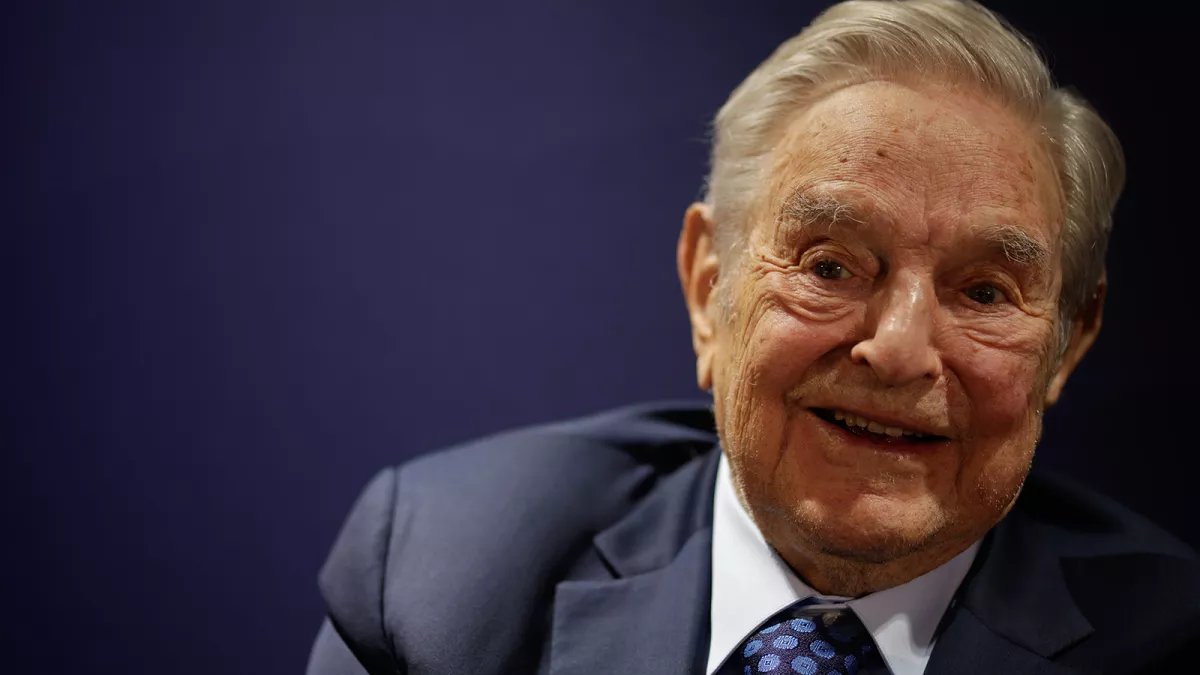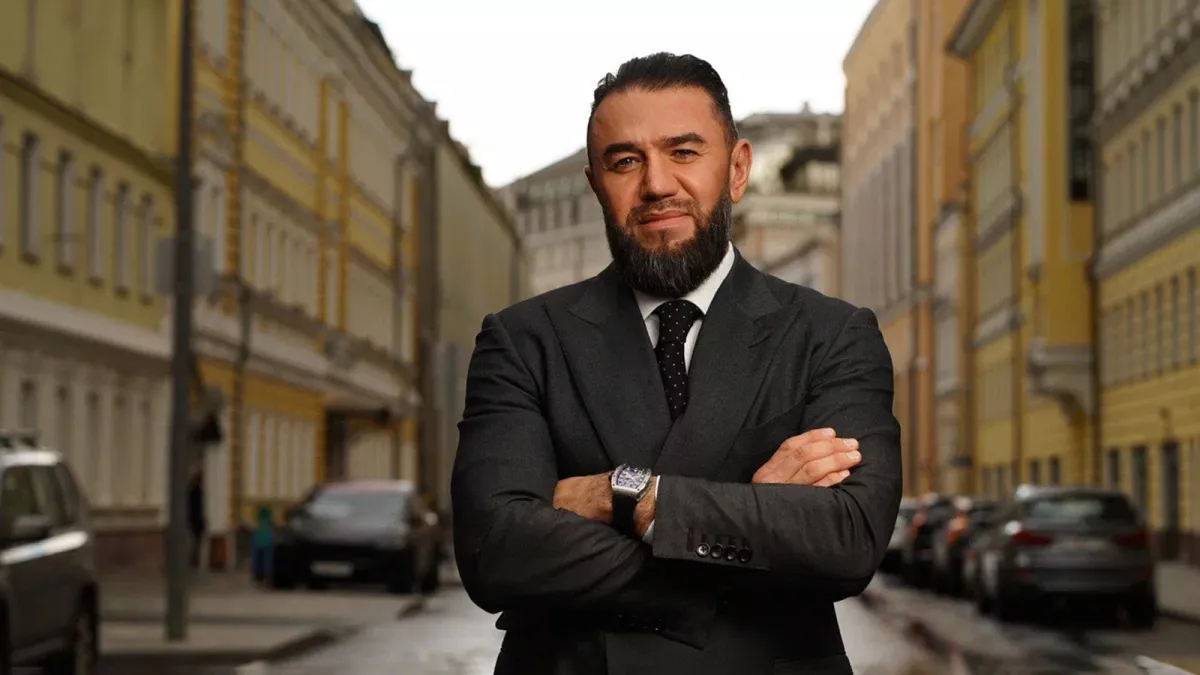Sanctioned goods and Armenian connection A smokescreen in the “re-export via Georgia” scandal
In recent days, a clearly orchestrated scandal has been stirred up in Georgia’s media landscape regarding alleged "sanctions evasion schemes" enabling the delivery of Western-sanctioned goods to Russia through Georgian territory. It all began with an article published by the online outlet iFact on May 9, 2025, which claimed that construction and heavy machinery—such as bulldozers, excavators, graders, tractors, cranes, and loaders—were being supplied to Russia via Georgia, circumventing U.S. and EU sanctions.

The iFact report is clearly aimed against Georgia’s ruling party, Georgian Dream. It is well known that the first donor of the project was the Open Society Georgia Foundation (OSGF), closely linked to George Soros. The bulk of iFact’s funding comes in the form of grants from OSGF, the National Endowment for Democracy (NED), the Prague Civil Society Centre, Internews, and USAID—organisations that, until recently, were actively trying to orchestrate a “Maidan” in Georgia and remove Georgian Dream from power.
After the publication, the scandalous topic was quickly picked up by Georgia’s pro-Western opposition and its allied media outlets. The country's authorities were compelled to respond to the accusations levelled against Tbilisi, stating that they are taking steps to close loopholes in the sanctions regime. As part of these measures, Georgia has stopped processing the re-export of sanctioned goods, specialised machinery, and vehicles to Russian and Belarusian citizens. Currently, such exports are only permitted to citizens of Kazakhstan and Kyrgyzstan—though sources stress that this is a temporary measure.
Meanwhile, even iFact's own publication indicates that the primary country involved in the logistical schemes to circumvent sanctions on the delivery of construction and heavy machinery to Russia is not Georgia—nor even Kazakhstan or Kyrgyzstan—but Armenia.

Specifically, according to figures cited in iFact and sourced from Geostat, from 2022 to March 2025, a total of 1,245 units of heavy equipment were shipped from Georgia to Armenia. This included 339 tractors and 820 excavators and bulldozers. However, Armenia itself denies receiving such shipments. According to iFact, the machinery either never reached Armenia, was redirected to a third country, or did in fact arrive in Armenia and was subsequently re-exported.
Additional facts support the following conclusion: in 2023, trade volumes in heavy machinery between Armenia and Russia surged dramatically. iFact presents the relevant data trend. In 2020, not a single tractor was exported from Armenia to Russia. In 2021, just 3 tractors were exported; in 2022, the number rose to 68. But in 2023, exports suddenly skyrocketed to 7,852 tractors. In 2024, there was a sharp decline—to just 118 tractors—and in the first months of 2025, not a single tractor was exported.
Thus, if one sums up the exports for the 2022–2025 period, the total reaches 8,038 tractors. Against this backdrop, the allegedly “sensational” 339 tractors mentioned by iFact, said to have been rerouted through Georgia in violation of sanctions, appear to be a mere drop in the ocean. It is evident that the bulk of the machinery was delivered to Russia via Armenia—but through other, much larger channels.
It is worth recalling that Armenia also served as a major re-export hub for gold and diamonds during these years. Yet, accusations against the Armenian authorities for allegedly “facilitating sanctions evasion” are conspicuously absent—both from iFact journalists and Georgia’s pro-Western opposition. This comes as no surprise: in Yerevan, power is held by Nikol Pashinyan, another protégé of Soros and USAID.
The peak of tractor re-exports from Armenia to Russia occurred in 2023, after which the “tractor flow” declined sharply. A similar pattern is observed with other types of machinery. For example, bulldozers, excavators, and graders were not exported from Armenia to Russia at all prior to 2022. In 2022, 28 units were shipped; in 2023, 33; and in 2024, only 19.
However, Russia’s demand for heavy machinery has not disappeared. This suggests that the Russian Federation either began receiving such equipment through other channels or ramped up domestic production. Crucially, this production often takes place at the facilities of Western companies that previously operated in the Russian market—with the involvement of the same Armenian “investors.”

The most illustrative case is that of the American corporation Caterpillar. Until recently, it owned production facilities in Russia: in the city of Tosno, Leningrad Region, Caterpillar Tosno operated an assembly plant with an annual capacity of 1,600 excavators and 300 mining trucks. In 2010, the company also opened a facility in Novosibirsk for manufacturing dump truck bodies.
Following the outbreak of the Russia–Ukraine war, Caterpillar officially announced on 10 March 2022 that it was exiting the Russian market and pledged $1 million in "humanitarian aid for Ukraine." However, in reality, the supply of sanctioned machinery via Armenia continued, and the production facilities in Russia were not only maintained but even ramped up.
Formally, Caterpillar’s Russian assets were sold to a company named PSK-New Solutions, which is 99% owned by the Armenian investment firm Balchug Capital. The founder and CEO of Balchug Capital is Armenian businessman David Amaryan.

On June 14, 2024, Caterpillar officially completed the transfer of its Russian assets to Balchug Capital. And by 2025, this Armenian investment fund had also become the owner of the Russian subsidiary of Goldman Sachs.
In effect, it is Balchug Capital that now orchestrates a systematic sanctions evasion scheme: heavy and construction machinery is produced in Russia at former Caterpillar facilities, while components are supplied through well-established channels — including via Armenia.
Against this backdrop, the silence of Western journalists and Georgia’s pro-Western opposition — both traditionally reliant on grants from the same organisations funding iFact — reeks of hypocrisy. The scandal blown out of proportion around Georgia is nothing more than a smokescreen, concealing the real geography of sanctions loopholes that lead directly to Yerevan.
Vladimir Tskhvediani, Georgia, exclusively for Caliber.Az








